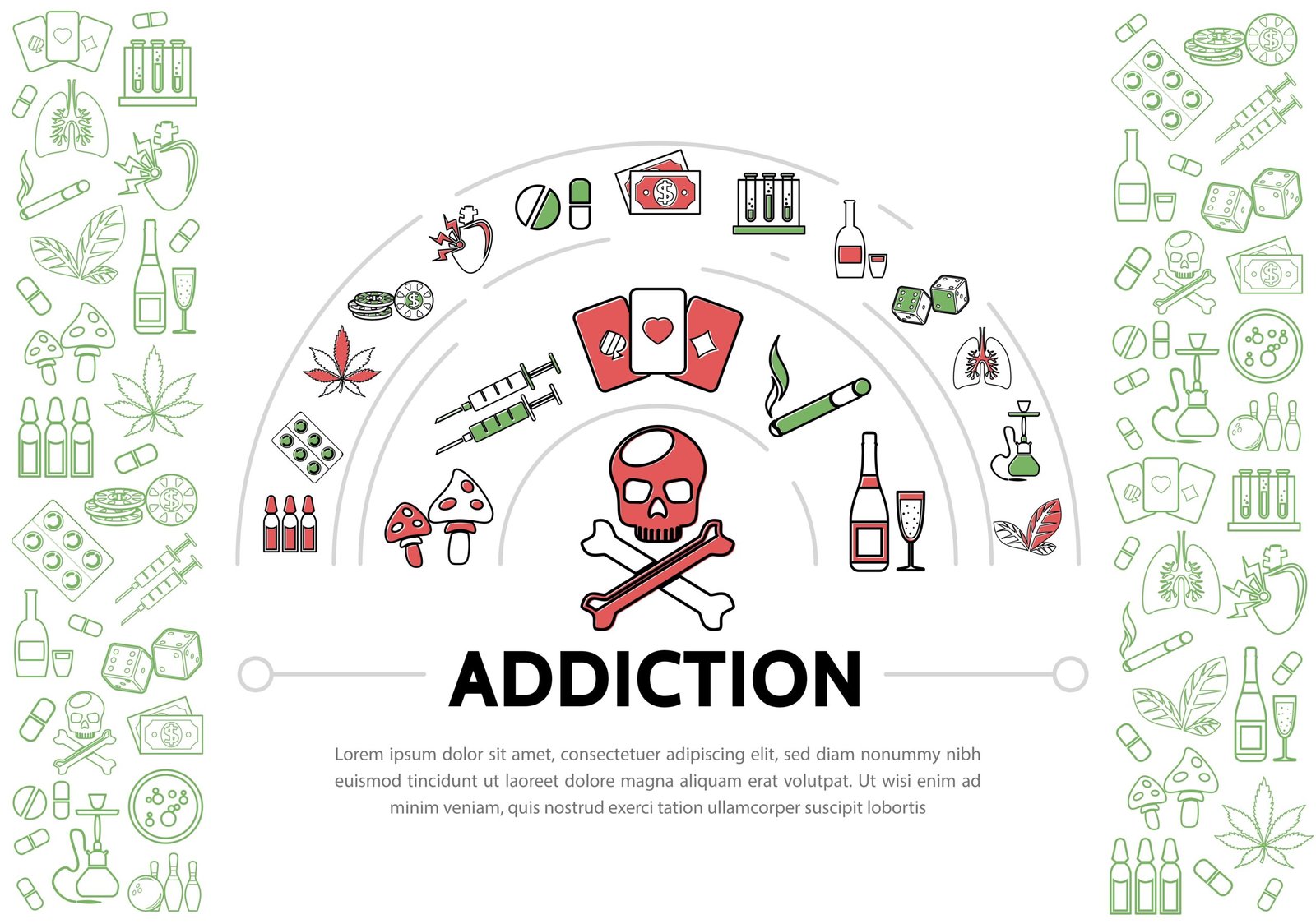Treatment for drug addiction consists of many therapies intended to assist addicts in quitting their drug use and enhancing progress in their personal, professional, and social environments. You may check out if you need dual diagnosis treatment centers in nj.
The type of substances being used, whether individual, physical, or mental health requirements, as well as other social factors, can all influence the types of addiction treatment.
Some people go to addiction treatment on their own when they believe they cannot stop using drugs, while others may be forced to do so due to legal concerns. Positive treatment outcomes may happen in either situation.
The emergence of an addiction may be accompanied by specific alterations in the brain’s impulse control, judgment, and decision-making system.
Increased dopamine activity in the brain’s reward system is connected to various compulsive drug use behaviors.
When a person stops using narcotics, some brain abnormalities that have developed troubling addictions might not immediately vanish. Such alterations can factor in the development of behavioral habits that make it relatively challenging for someone to resist the urge to use such drugs again. The urge to keep drinking or using drugs may also be linked to psychological and environmental triggers, which an addicted individual may not even be aware of. The good news is that some of these deeply ingrained triggers and behavioral patterns can be targeted and changed through various strategies in addiction therapy.
Several therapy elements are frequently included in a thorough approach to addiction treatment, these includes:
- Health detox
- Medicine for treatment
- Psychological treatments
- Family Counseling
- Individual and group counseling
- Support networks.
The person’s particular needs will determine how these services are combined and how long the treatment will last. The treatment strategy should be modified as these needs do over time to meet the changing needs of each individual. Addiction is a relapsing disorder, just like many other chronic medical conditions. Should this happen, substance relapses themselves shouldn’t be interpreted as treatment failures. Instead, it is advisable to keep up the pace of recovery while treatment strategies are modified over time.
Treatment Options for Addicts
Addiction treatment programs frequently combine various approaches depending on the individual’s specific circumstances. Treatment frequently begins with a detox under medical supervision to help the patient safely and easily get through withdrawal symptoms from certain substances. Treatment may also combine various treatments, such as family therapy, individual or group therapy, screening for co-occurring mental health illnesses, and long-term follow-up.
- Inpatient Rehabilitation
Inpatient rehab, a type of addiction therapy where a person resides in the facility 24/7 to receive services, frequently with medical supervision on-site, is a category that includes residential treatment facilities. Depending on a person’s needs while beginning treatment, inpatient rehabs can range from hospital settings to organized residential institutions. Skilled medical professionals will evaluate a person’s requirements and help direct them toward proper care.
A medically controlled inpatient hospital environment may be suggested for someone who uses substances that have the potential to cause more severe withdrawal symptoms or someone who battles persistent emotional, behavioral, or cognitive issues.
- Outpatient Rehabilitation
Rehabilitation programs in outpatient treatment settings allow patients to remain in their homes while attending regularly scheduled sessions or to receive services at a treatment center. Outpatient treatment is frequently centered on education, counseling, and helping people cope without using the substances they are addicted to.
Treatments that are effective for one person might not be effective for another. To improve the long-term management of the addiction, addiction therapy can be successful, but it needs to be regularly checked and adjusted to the needs of the individual experiencing it. The length of treatment may also play a significant role in deciding how effective it is, although lengthier treatments are advised for better results.

